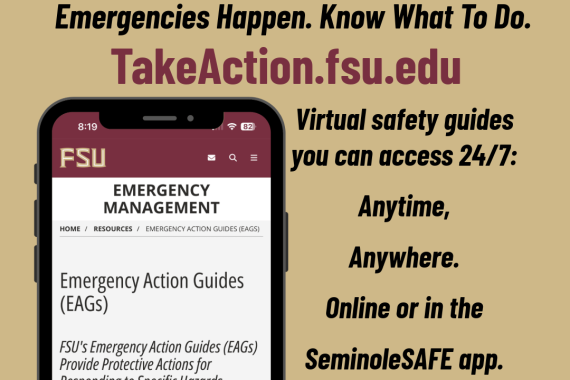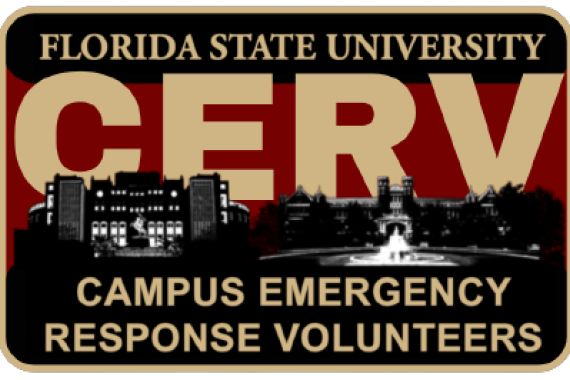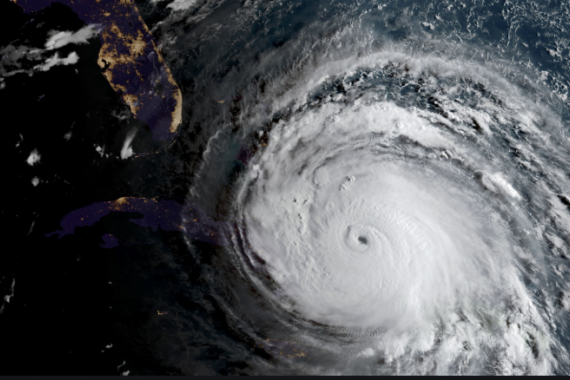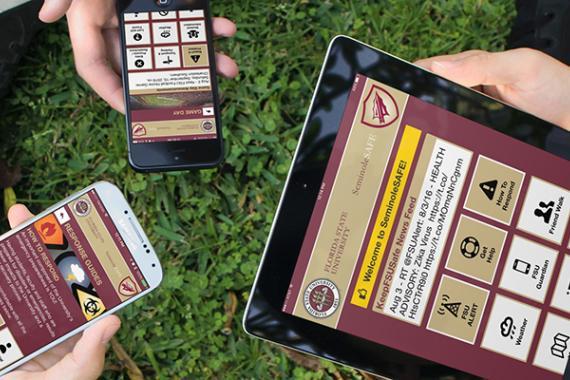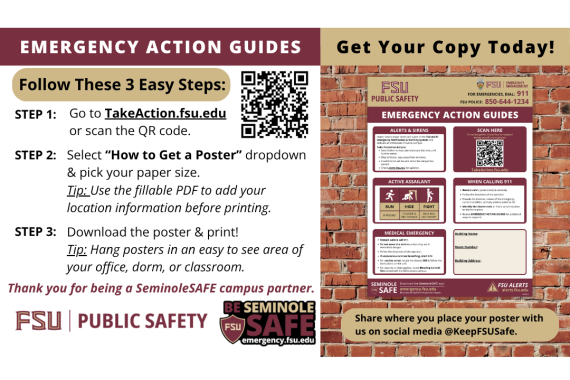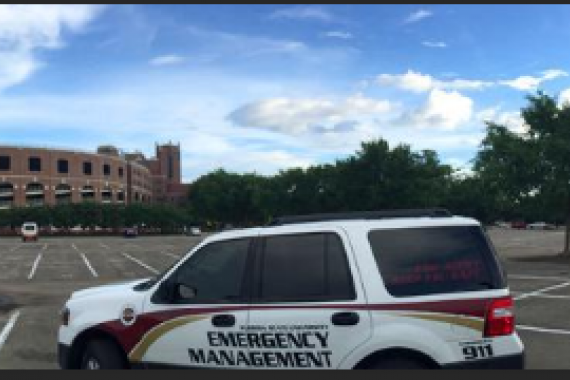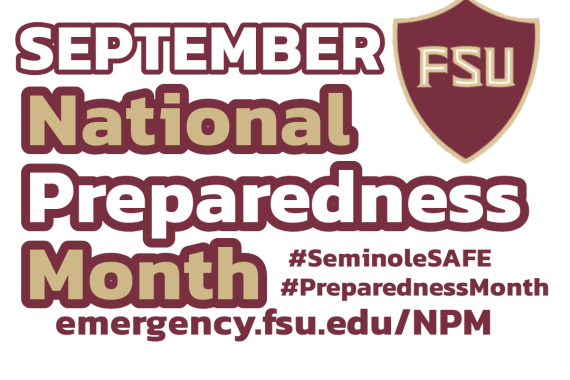What is a Tornado?
A tornado is a violent whirlwind that usually develops in association with a severe thunderstorm. The winds in a tornado can exceed those measured in the most intense hurricanes. Wind speeds in an intense tornado are likely to rise above 200 miles per hour. Tornadoes can uproot and snap trees, down power lines, move or pick up cars and trucks, and destroy homes. Tornadoes in Florida can form in a variety of ways, and in all seasons. However, many of Florida's tornadoes occur in the Spring and Summer months. Florida tornado climatology shows us that strong to violent tornadoes are just as likely to occur after midnight as they are in the afternoon.
Difference between a Watch and Warning
- Tornado Watch - Issued to alert the public that conditions are favorable for the development of tornadoes in and close to the watch area. These watches are issued with information concerning the watch area and the length of time they are in effect.
- Tornado Warning - Issued by local NWS offices to warn the public that a tornado has been sighted by storm spotters or has been indicated by radar. These warnings are issued with information concerning where the tornado is presently located and what communities are in the anticipated path of the tornado. If a Tornado Warning is issued by NWS Tallahassee and covers the FSU Main Campus and/or FSU Panama City Campus boundary, a FSU ALERT: Tornado Warning will be issued.
How to prepare for a Tornado
- Know the signs of a tornado, including a rotating, funnel-shaped cloud; an approaching cloud of debris; or a loud roar—similar to a freight train.
- Make sure your phone number is current & updated in MyFSU for FSU ALERT. Become familiar with the FSU ALERT siren tone. Found HERE
- The Emergency Alert System (EAS) and National Oceanic and Atmospheric Administration (NOAA) Weather Radio also provide emergency alerts.
- Pay attention to weather reports. Meteorologists can predict when conditions might be right for a tornado.
- Identify and practice going to a safe place in the event of high winds, such as a small, interior, windowless room on the lowest level of a sturdy building.
During a Tornado
- When a Tornado Warning is issued for campus, Follow FSU ALERT'S instruction of IMMEDIATELY SEEK SHELTER in the nearest sturdy building, away from exterior doors and windows and remain there until the warning has expired or you have received an "ALL CLEAR" from FSU ALERT. Structures such as trailers, mobile homes, or sheds are not considered well-constructed buildings.
- Stay away from any windows, doors, and glass-made & exterior walls.
- In a dormitory or apartment setting: Avoid windows. Go to the lowest floor possible, a small center room (like a bathroom or closet), interior stairwell or hallway with no windows. Crouch as low as possible to the floor, facing down; and cover your head with your hands. Even in an interior room, you should cover yourself with some sort of thick padding (mattress, blankets, etc.) if possible to protect against falling debris in case the roof and ceiling fail. A helmet can offer some protection against head injury.
- In an office/classroom building setting: Go directly to an enclosed, windowless area in the center of the building -- away from any glass and on the lowest floor possible. Then, crouch down and cover your head. Interior hallways with office/classroom doors closed may be an option if no central rooms in the building are available. Interior stairwells are usually good places to take shelter, and if not crowded, allow you to get to a lower level quickly. Stay off the elevators; you could be trapped in them if the power is lost.
- In an open outdoor setting: If possible, seek shelter in a sturdy building. If not, lie flat and face-down on low ground, protecting the back of your head with your arms. Get as far away from trees and cars as you can; they may be blown onto you in a tornado.
- In a car setting: There is no safe option when caught in a tornado in a car, just slightly less-dangerous ones. If possible, seek shelter in a sturdy building or find a parking garage which may offer some shelter. If you are caught by extreme winds or flying debris, park the car as quickly and safely as possible -- out of the traffic lanes. Stay in the car with the seat belt on. Put your head down below the windows; cover your head with your hands and a blanket, coat, or other cushion if possible. If you can safely get noticeably lower than the level of the roadway, leave your car and lie in that area, covering your head with your hands. Avoid seeking shelter under bridges, which can create deadly traffic hazards while offering little protection against flying debris.
- Listen to EAS, NOAA Weather Radio, or stay up-to-date with FSU ALERT and the SeminoleSAFE App for current emergency information and instructions.
- Sheltering recommendations are for safety and not always comfortable or convenient. Remember to be patient, stay calm and informed and assist others as you are able.
After a Tornado
- Keep listening to EAS, NOAA Weather Radio, FSU ALERT, and local authorities for updated information.
- If you are trapped, cover your mouth with a cloth or mask to avoid breathing dust. Try to send a text, bang on a pipe or wall, or use a whistle instead of shouting.
- Stay clear of fallen power lines or broken utility lines.
- Do not enter damaged buildings until you are told by authorities that they are safe.
- Save your phone calls for emergencies. Phone systems are often down or busy after a disaster. Use text messaging or social media to communicate with family and friends.
- If you are on FSU Main campus, report any campus damages to the Florida State University Police Department at (850) 644-1234.
Seek More Information
Go to National Weather Service to obtain the latest details about the warning, including: estimated arrival time, direction, duration, and estimated expiration time. Once the warning has expired, and there is no evidence of damage, you may proceed with your normal course of business.
Fujita Tornado Damage Scale

More Information
Taking Shelter from the storm: Building a Safe Room Inside your House

